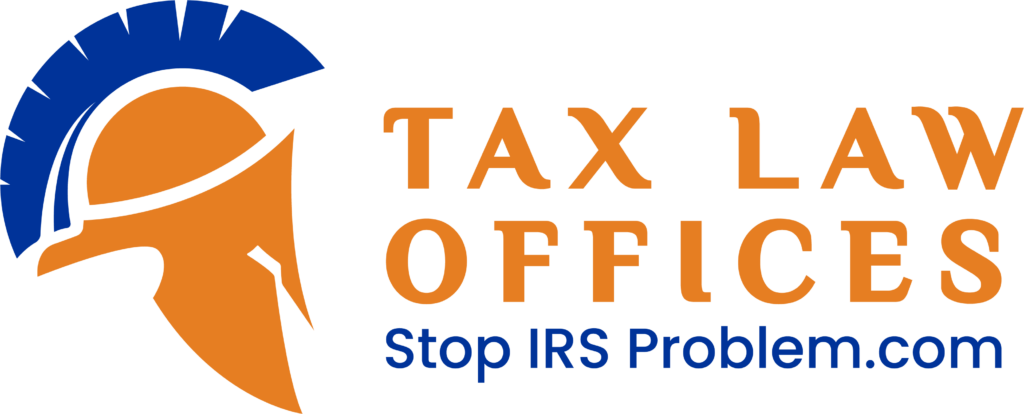Every year the Internal Revenue Service releases its “Dirty Dozen” list of tax scams. For 2016, one of the leading scams is Falsifying Income to claim large refunds on a tax return.
 Back when I was working at the Internal Revenue Service, I warned my managers of the way this scam would develop. Especially with the Earned Income Credit, this scheme allows tax return preparers to assist their clients with receiving larger-than-deserved tax refunds.
Back when I was working at the Internal Revenue Service, I warned my managers of the way this scam would develop. Especially with the Earned Income Credit, this scheme allows tax return preparers to assist their clients with receiving larger-than-deserved tax refunds.
For example:
Suppose there is a client, a mother with three children, who only earned $2500 income throughout the year. That person must file a tax return, and even receives a refund. She qualifies for an “Earned Income Credit” of maybe $1000, and receives it as her tax refund. The credit is minimal, but it’s a free credit. And it is paid out as a refund.
Now instead, suppose the tax return preparer wishes to better help this motherly client. It seems noble to want to help others. And this income-challenged, mother-of-three client certainly deserves some financial help.
So, in order to help that client qualify for a greater earned income credit (and refund), the tax preparer suggests this trick. He prepares for her a Form 1099 (say, for $12,000 supposed earnings in a nail salon). This Form 1099 allows the mother to show $12,000 additional “income”, never actually earned … never actually received. The “income” is fictitious in the in its entirety. And, this 1099 Form reported income is included in the client’s tax return.
 The tax preparer also boosted his fees, for the services.
The tax preparer also boosted his fees, for the services.
Now with the additional fictitious income, that client qualified for the maximum earned income credit on the tax return. And that refund – over $6,000, was a huge financial boost for that mother. The client receives a refund of over $6,000, which includes the maximum Earned Income Credit available.
This is how the game works. Because the IRS cannot yet screen fictitious Form 1099 reported income, at least not when the return is filed, quite often erroneous tax returns are approved. And they issue much larger-than-deserved tax refunds.
This is tax fraud. This is illegal. In fact, this federal tax crime is a felony.
So How Does IRS Know About This?
IRS now understands how this game works also. The way that IRS combats this crime is by:
- Matching electronic records against tax returns;
- Conducting income tax audits of the businesses reported on the 1099;
- Conducting income tax audits of the person that reported the fictitious income; and
- Conducting audits of all of the returns prepared by that tax accountant.
The Internal Revenue Service then initiates a criminal investigation, based upon the information gathered in the audits and analysis.
Afterwards, if the evidence seems clear, there is likely to be an indictment. These indictments, or criminal tax charges, may be imposed on the taxpayer, the tax return preparer, or other person involved in the promotion of this scam.
In other words, the U.S. Department of Justice issues a formal charge of a crime committed under the criminal tax code. These people may be found guilty of crimes under multiple criminal tax laws, including:
- Section 7204, Fraudulent Statements
- Section 7206, Fraud and False Statements
- Section 7207, Statements or Other Documents.
Each of these sections under the Internal Revenue Code represent felony crimes. They may be violated when the conduct described above is committed. And, in short, those who commit these crimes can be sent to prison. Each individual occurrence of the crime may carry a penalty of 3 years imprisonment.
What is more the person has to pay back the full amount of the fraudulently gained refund, plus penalties! And with interest!
What Can I Do to Protect Myself?
As a Criminal Tax Lawyer, I receive calls on a regular basis from tax return preparers that have participated in the scam. They seek criminal representation to avoid going to jail, to keep their businesses, to keep their homes, and to keep their families together.
So here’s a question. Hypothetically, what if a return preparer that you know (I mean, just a friend, of course), participated in the activity described above. Is there anything that can be done to avoid criminal charges?
 Let me briefly explain. (Actually, I gave this same explanation to a group of tax return preparers in Bolingbrook IL earlier this year.)
Let me briefly explain. (Actually, I gave this same explanation to a group of tax return preparers in Bolingbrook IL earlier this year.)
First of all you cannot erase criminal conduct. Once committed, there is nothing that can undo the crime. However, the punishment can be minimized.
There are two strategies that I have found work best. The best result is available when the person begins their defense early, prior to knowledge of any investigation. For those who wait until they are contacted by an investigator, the best opportunities are already lost.
However, until there is still a formal charge of crime, there is still a good opportunity to avoid imprisonment and minimize the financial impact.
Return preparers, be smart out there. But if you know someone who participated in the false income scam to increase tax refunds, you should speak with a Criminal Tax Attorney. You can still act to protect yourself.
Be smart out there.
